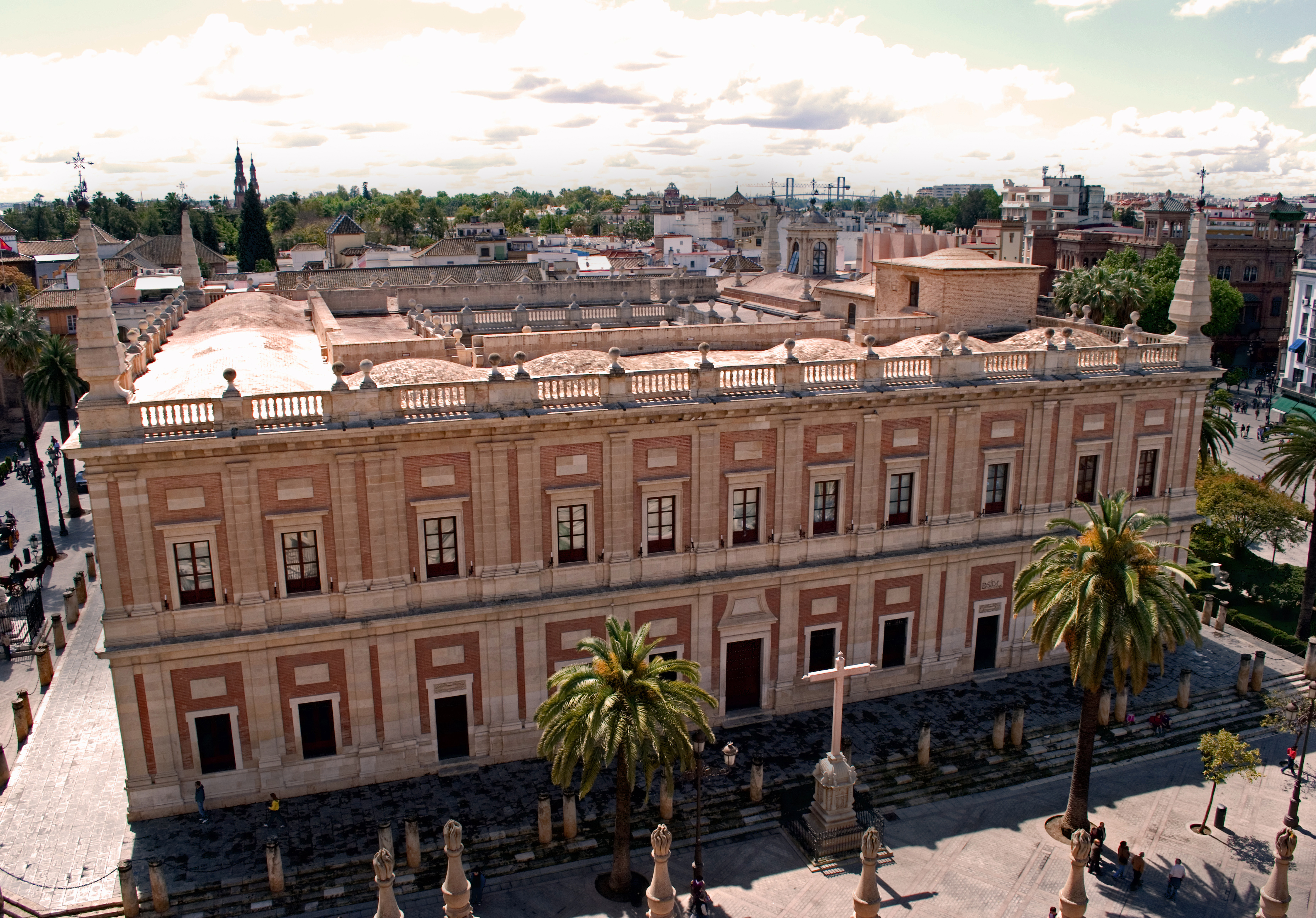[:en]
UCCS Department of History
Graduate Program Professional Development Workshop
October 25, 2018
7:30 to 9:30 pm
Locating and Preparing Successful Grants
Six Places to Locate Grants
To locate grants for graduate student research and travel, you should search these important sources:
- H-Net Grants – https://networks.h-net.org/tags/grants. Not only is H-Net an important scholarly information source and community, but a good place to search for recently announced grants.
- Professional, academic, and historical societies. In many cases, these societies sponsor their own grants for student research and travel.
- For example, American Historical Association – https://www.historians.org/awards-and-grants/grants-and-fellowships
- University research centers dedicated to a specific theme, topic, or sub-discipline. Often, in order to promote the development of their lines of research, university centers will sponsor student research and travel.
- For example, the Council on European Studies – https://councilforeuropeanstudies.org/grants-and-awards
- The library, archive, or entity where you plan to investigate. As they are interested in promoting the use of their collections, these institutions often offer grants to research on-site.
- Luso-American Development Foundation and Portugal’s national archive – https://www.flad.pt/en/applications/
- Research university (“R1”) websites relating to graduate student grants. When in doubt, search for listings of grants documented by larger universities who have staff dedicated to finding research funds for students. Although some will only pertain to students at that institution, many will open to all students.
- For example, UCLA – https://grad.ucla.edu/funding/
- Foundation Directory Online (Access via UCCS Library. Be sure to login.) This catchall collection of foundations is a massive database of funding sources for all types of research, projects, etc. https://uccs.summon.serialssolutions.com/search?s.q=foundation+directory+online&spellcheck=true&keep_r=true&x=0&y=0#!/search?q=foundation%20directory%20online
Five Strategies for Developing A Research Project
When developing a research project, you should perform some essential scholarly tasks to communicate the seriousness and weight of your work to prospective funders. That is, funders want to know that you have developed a well-conceived project that will advance not only your own scholarship but potentially enhance the historical field. Much like researching and writing a research paper, you should:
- Develop a research question that explains what you aim to answer through the new collection and analysis of primary sources.
- Identify key authors in the sub-field and review their bibliographies to, one, communicate you understand the topic and state of the debate of the issues, and two, locate primary source materials and their repositories.
- Identify and target primary source repositories in detail; ideally, you should list the exact documents you plan to collect and analyze and explain why they pertain to your research question.
- Explain what is new, innovative, ground-breaking about your question, ideas, and methods; funders want to support new, bold ideas that will change how we view your field.
- Explain how your final research products (papers, presentations, earning you MA) will advance your individual research and professional goals as well as those of your sub-field.
Five Strategies for Successful Grant Preparation
- Review the call thoroughly as well as prior successful winning grants. Make certain your project is a good match to the funding institution based on previously-awarded grants.
- Propose a project that specifically addresses the grant’s goals, objectives, and funding areas. Carefully review the grant to understand how you can craft/revise your existing projects to meet the grant’s goals and what is explicitly funded.
- Organize and write your proposal according to how the grant describes the purpose of the grant. Use the specific language of the grant to direct readers to specific subsections.
- Even if a grant does not require it, be sure to include following information in brief: a abstract/summary of the project, your research question(s), theoretical approach and historiography for the topic, research methodology, specific research tasks and sources, and proposed research outcomes (paper presentations, publications, degrees).
- Proof-read your grant and solicit early feedback from the funder if possible. Revise your grant into the most efficient language possible.
Sample Graduate Student-Level Grants
Below is a small collection of graduate student-level grant applications (and letters) that might assist you with the language and tone of grant writing.
- Travel grant – graduate student level – “Spring 2003 Medieval Studies Graduate Fellowship Application – Statement”
- Travel grant – graduate student level – “2004-05 Amado Abstract” and “Amado Budget”
- Travel grant – graduate student level – “Remaking Spain’s Jews”
- Travel grant – graduate student level – “Scobie 2005”
- Travel grant – graduate student level – “Borderlands 2005”
- Research grant – graduate student level – “Cardinals, Counselors, and Conquistadors” and “Plan of Completion”
[:]
